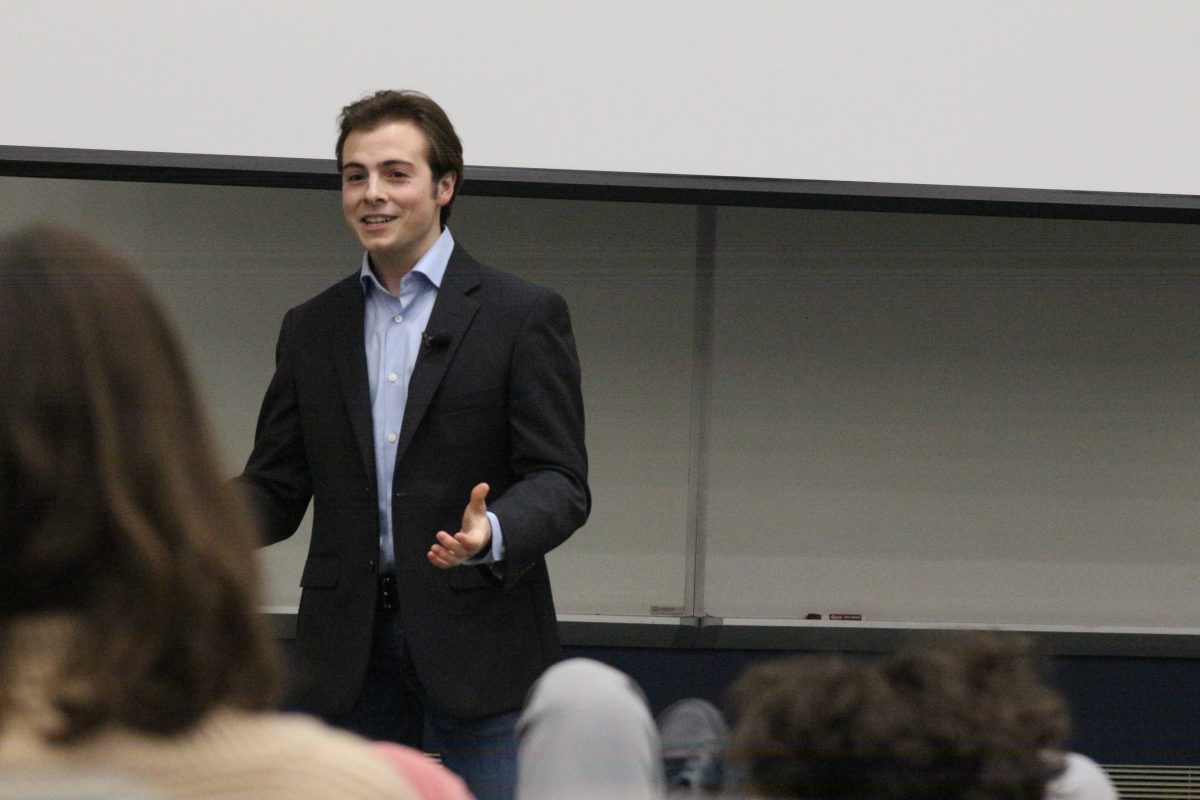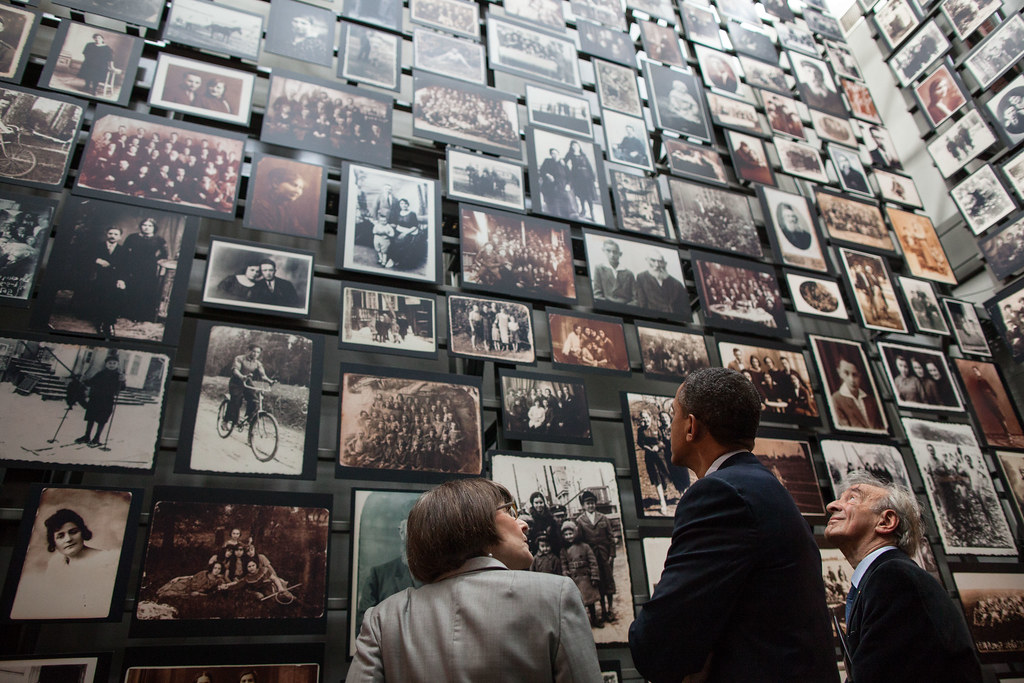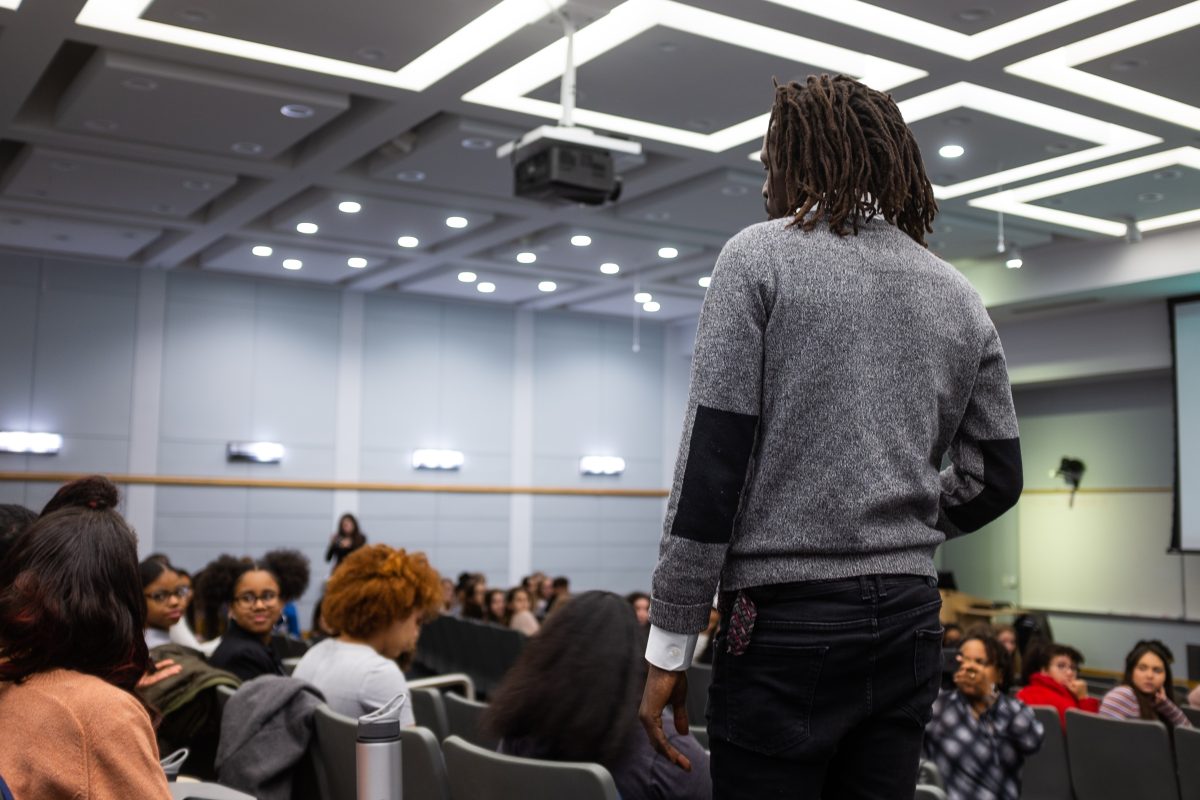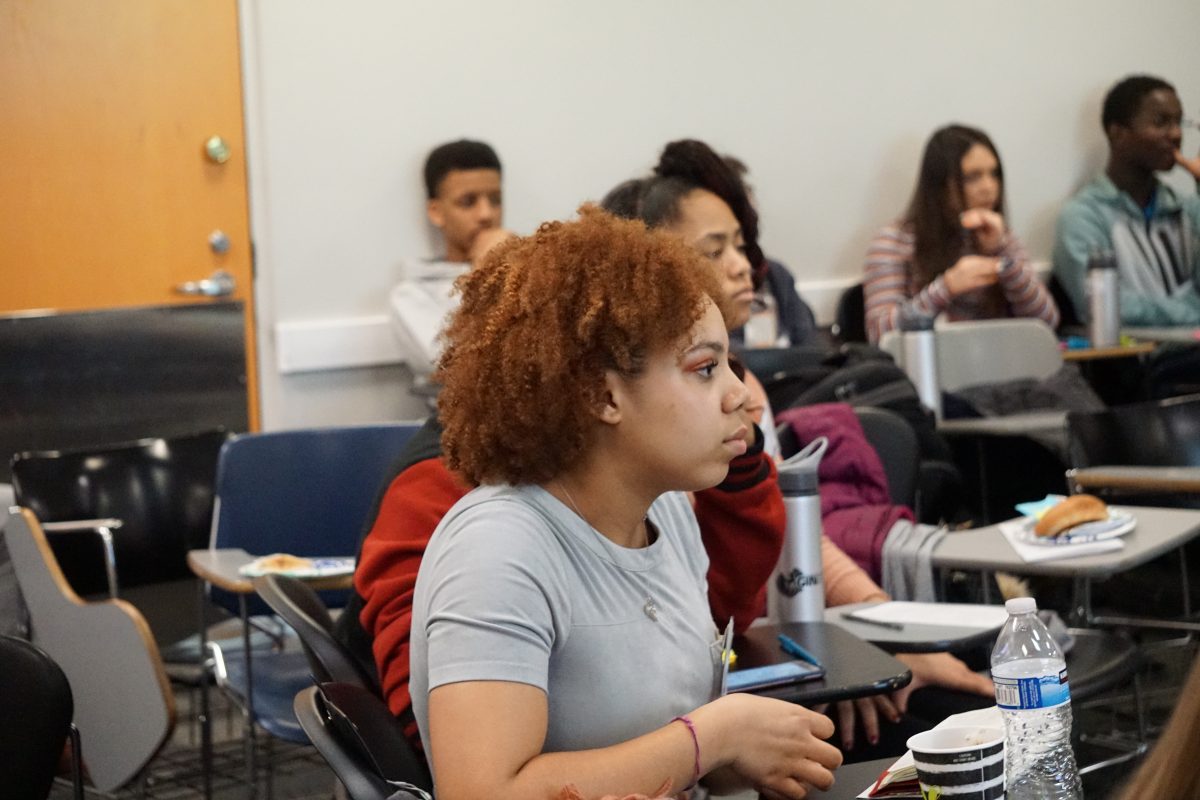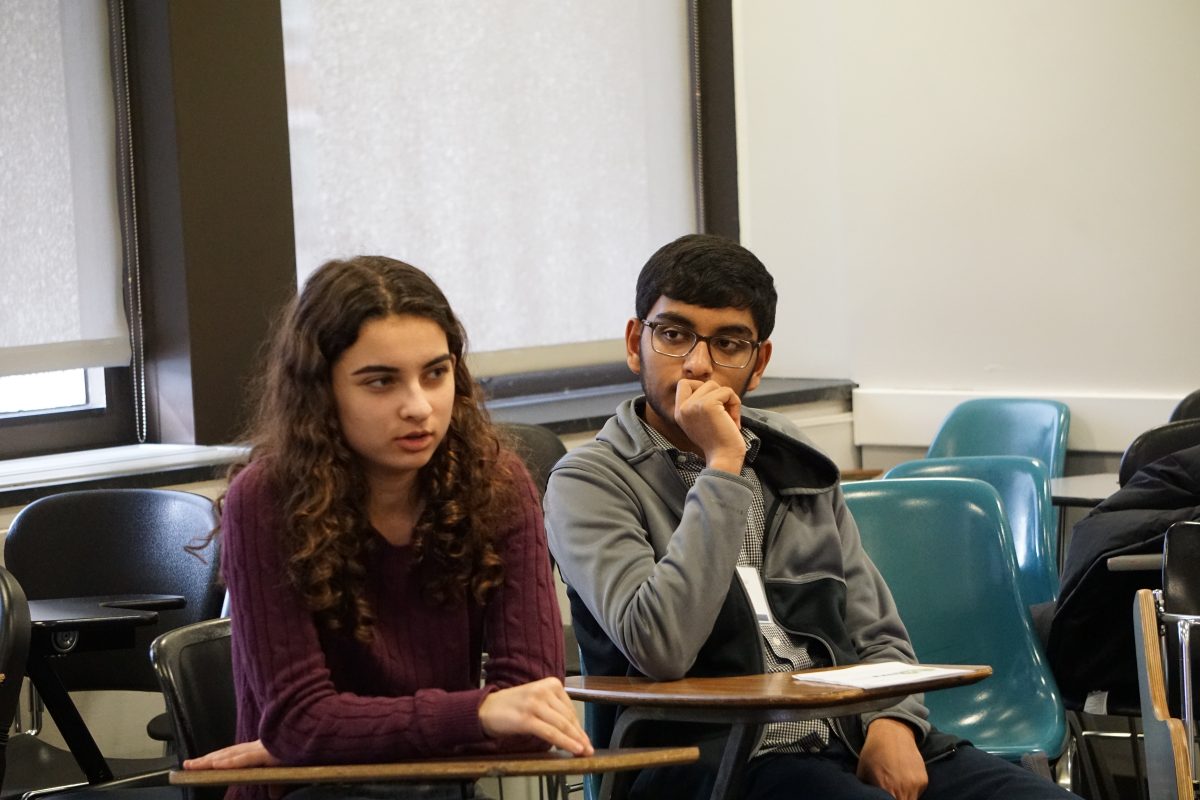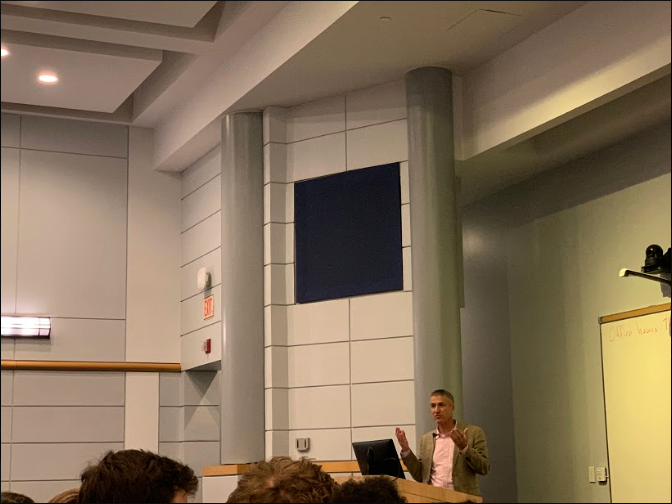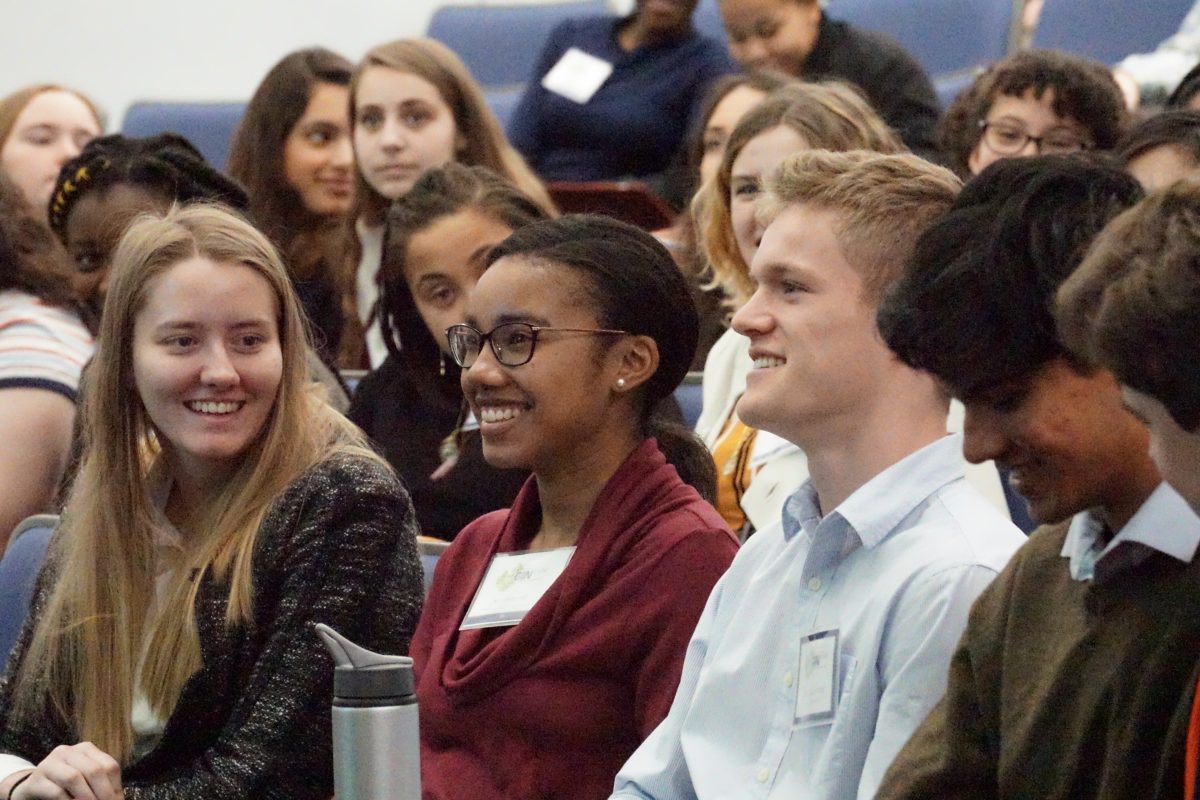Chase Small, a recent high school graduate and staff member at the organization Paper Airplanes passionately discussed his journey to the organization at the 2018 GIN Conference. He explained what his role is in the organization and his hopes for what is yet to come and how he will achieve this once he starts college in the fall of 2018.
Paper Airplanes is a nonprofit organization which uses Skype to provide free one-on-one language lessons to people affected by conflict around the world so they can pursue their education, secure their future, and ultimately, rebuild their lives. There are multiple sectors in the organization including the main “Language Program” consisting of Arabic and English; the “Youth Exchange Program” and the new “Professional Skills Program.”
The Youth Exchange Program, which is managed by Small, was founded to connect to English speaking high school students specifically. The program, which is in the form of a school club, allows the students in the club to engage with other students around the world who are seeking education in the English language. Once the English-speaking high school is enrolled in the program, the students in the club are matched up individually based on similar interests to conflict-affected high school students to tutor them in English online. For the program, which usually lasts for one school year, tutors video chat with their students for an hour a week, ensuring that they are fostering not only a good foundation in the English language, but also fostering a friendship and support system for the student affected by issues in their community.
During his keynote address, Small gave some context regarding what Paper Airplanes actually is and the purpose of the Youth Exchange Program. He then dove into his journey and personal connection to the organization.
While growing up, Small moved five times, settling in many different places such as India and Seattle, so he was always open to traveling and embracing different cultures. In 2016, while still in high school, Small attended a Model UN conference where he first learned about Paper Airplanes. The idea and objective of Paper Airplane resonated with Small. As he moved around a lot growing up, Small developed a love for meeting new people and using technology to keep in touch with friends. The idea that Small could use the same technology that he used to interact with his own friends, such as Skype, to interact and teach with fellow students around the world, really intrigued him.
After leaving the conference with an interest in Paper Airplanes, Small and one of his friends decided to reach out to Paper Airplanes to see how they could introduce a club at their own school. After going through the logistics and actually creating the club at his high school, Small was paired up individually with a girl in Aleppo. The student and Small shared many similarities such as using Instagram frequently, and talking to friends through Snapchat, but had many differences as well, one being that many of the girl’s family members were recently killed in Aleppo. Although the student had many struggles in her life, Small appreciated her resilience and dedication to learn and in fact counts her as an inspiring friend who he still talks to today.
Due to Small’s inspiring experience with interacting with a fellow student across the globe, he knew that this program was something that needed to be in other high schools. Paper Airplanes didn’t have a specific program catered to high school students who wanted to be tutors, so Small took it upon himself to start the program and to embrace it as a challenge. “A lot had to be done” explained Small, especially when his partner had to drop out, leaving Small all alone with the program.
Small tried his best to adapt Paper Airplanes into a high school program, but everything he did was “an imperfect solution.” Small had to vet all the applicants himself and as some students in the clubs never responded or just stopped tutoring, Small had many doubts, finding it hard to understand why the program wasn’t working out.
As Small knew that he had to do something and couldn’t leave the program unfinished, he decided to defer his enrollment to Stanford to continue to work on the Paper Airplanes Youth Program. Although Small didn’t know exactly what he needed to do or what the students needed, he knew he needed to visit the students overseas. So this is what he did. After graduating from high school in Long Island, NY in 2017, Small decided to take a gap year.
During this gap year, Small traveled to Greece as “it as a hub for refugees”. In Greece, Small worked with a small community center called “Orange House” which provided housing, safety and other amenities such as free wifi, language classes and hot meals for people in the community. Small described this experience as full of personal and professional growth which forced him to go outside of his comfort zone, adding that it was “stressful but exciting”.
Although Small worked at the Orange House to help the organization run their day-to-day activities, Small struggled with his own privilege, explaining that the experience made him recognize that he held one of the most important things in his back pocket, literally: his American passport. Small discussed that at many times he asked himself “ What do I have to offer?” explaining that the experience was emotionally challenging, although it was very rewarding. Like with the student that Small tutored throughout high school, the people in Greece really appreciated their education opportunities at the Orange House and were able to put aside their worries for a bit to focus on their future.
The trip to Greece not only enforced Small’s love of teaching English, but he was able to learn things himself. Small explained how we was able to get a firsthand look into the lives of these people that he would just normally see on TV. He was able to get perspectives from both sides: “the refugees and the citizens whose cities were being occupied by the refugees” adding that this new knowledge and experience will help him in many aspects of his life, especially when embarking on his upcoming college journey.
Regarding what is to come for Small and how his role in Paper Airplanes will change as he will be starting university in the fall, he said that “the next 6 months are going to be key” for him to figure out what his next steps are and to “figure out a balance” adding that he will not be able to have such a large commitment to Paper Airplanes as he did this year when he will be a full time student.
Additionally, Small spoke briefly regarding his hopes for the Paper Airplanes Youth Program and how it will develop in the future like bringing the program to his university, for example. Small hopes to continue working with other organizations to bring the Youth Program to other schools around the world and to keep increasing the organization’s resources to make sure they are providing both the student-tutors and the students abroad with the vital tools they need in order to enhance their relationship and their education.
Small concluded his presentation by thanking WIS for being a major school involved with the Youth Program, and ending with two important notions to keep in mind when interacting in the Paper Airplanes Youth Program or in any aspect of life which are to “be bold, be persistent.”
If you are interested in learning more about Paper Airplanes and/or their affiliation with WIS, please contact Oriane Bui ([email protected]) as she is the leader of the club and has worked with Chase Small to enhance WIS’ program.
By: Holden Davitian

































































